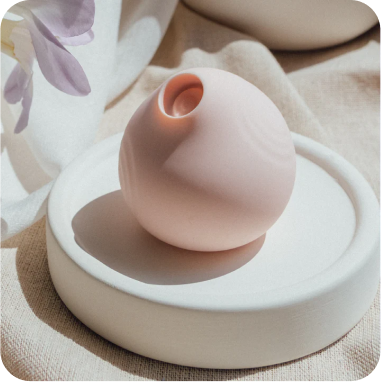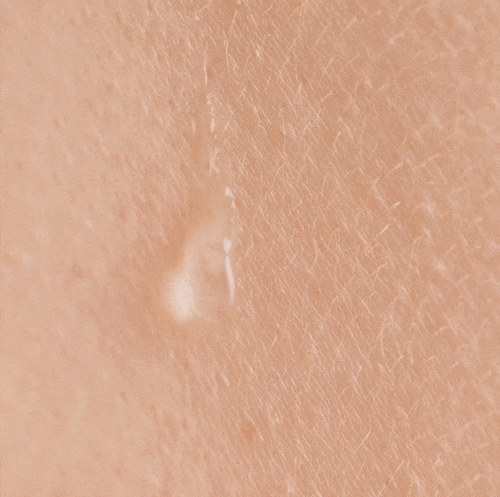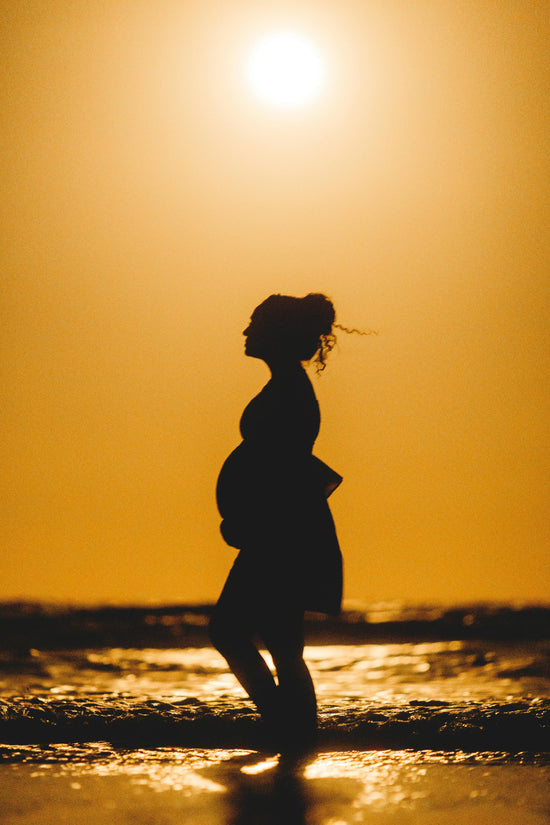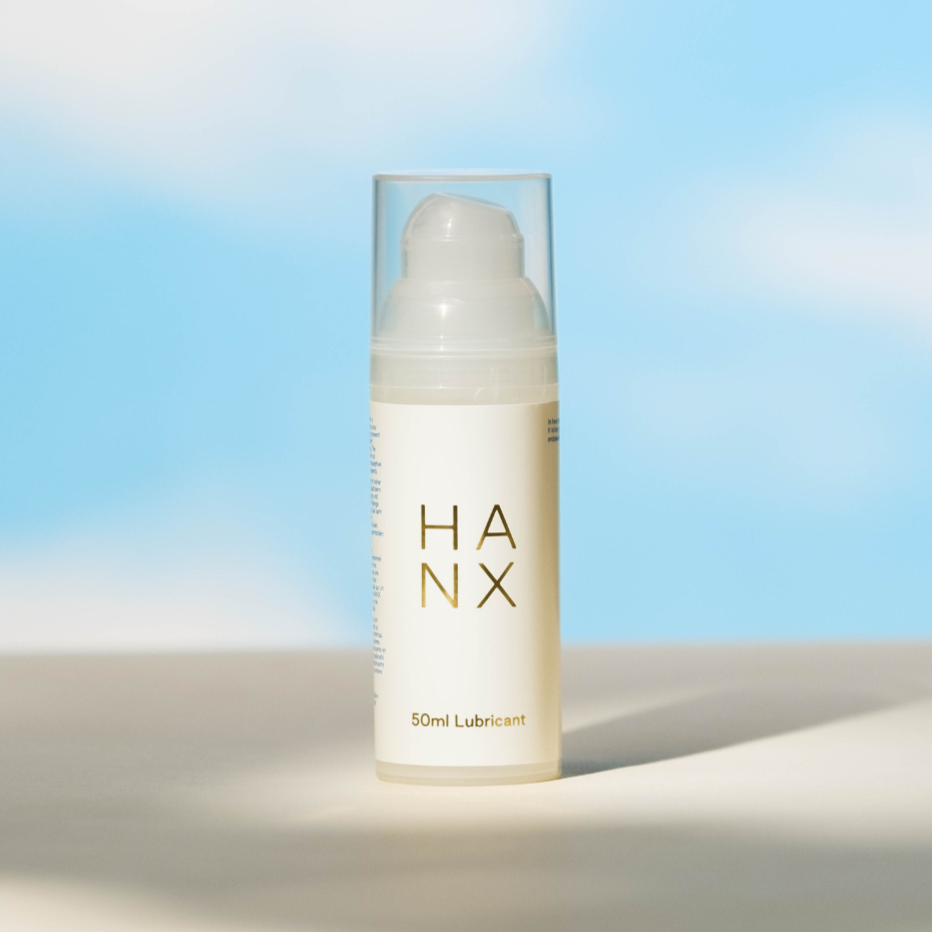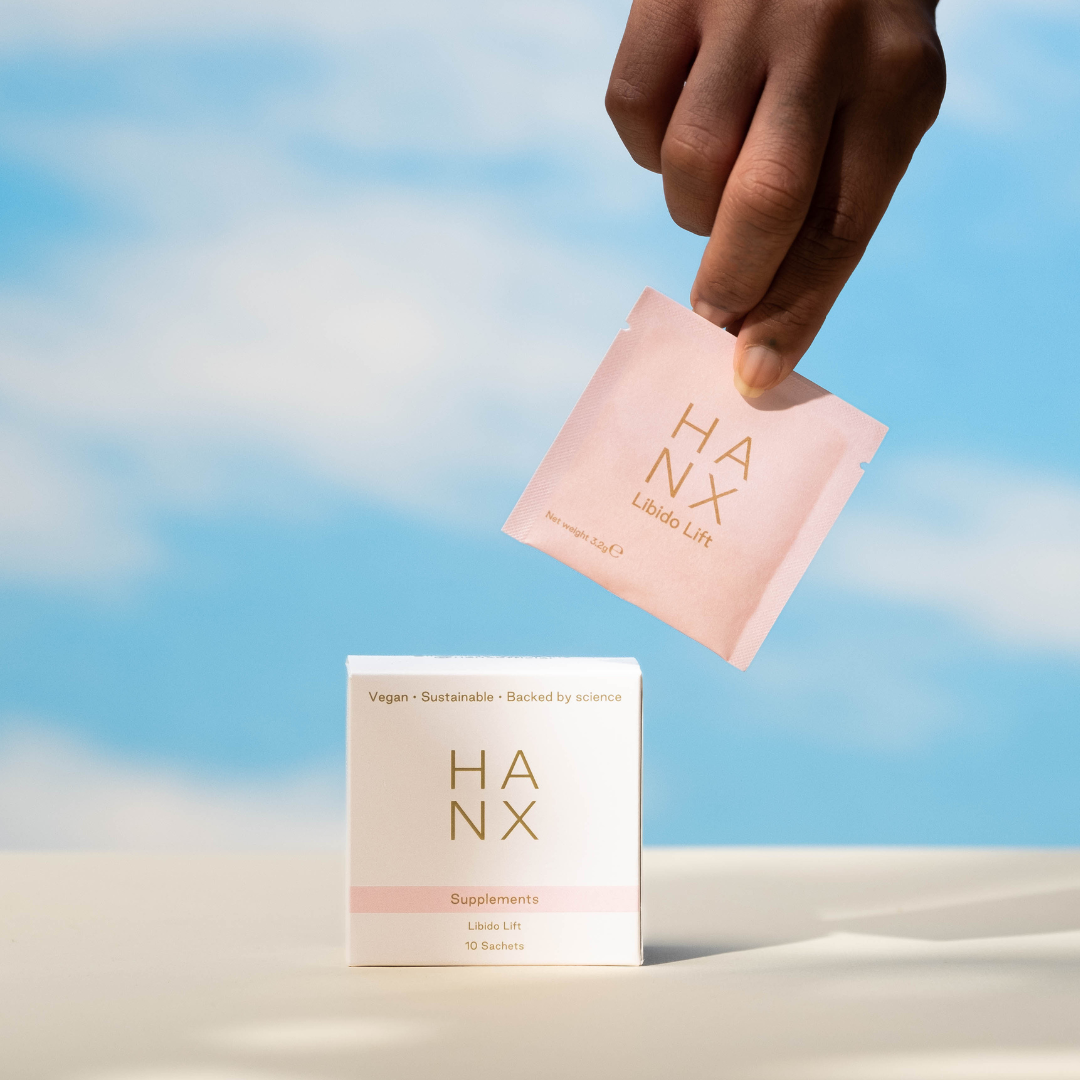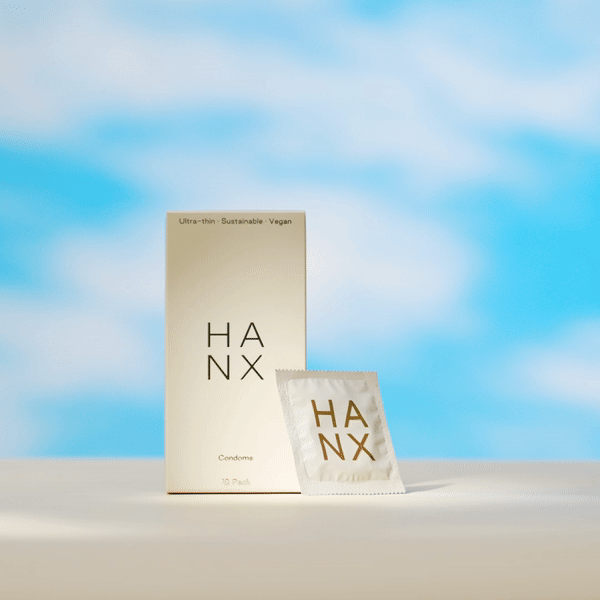Everything You Need To Know About Egg Freezing
A condom and lube company, talking about how to have babies? It might seem unusual, but many of our community actually use HANX condoms for birth control whilst thinking ahead to the next stage of their life - which includes the pitter patter of tiny feet. One of the most common questions we're asked is: "what if I want kids - but I'm not ready right now?".
So, at our sold-out Sex Ed for Adults session in London, we spoke with expert Dr Kim Lawson about the benefits and practicalities of freezing your eggs. Straight from the stage to your screen, here's everything you need to know about fertility, how to preserve your ability to get pregnant in the future and mature oocyte cryopreservation (that's egg freezing to the uninitiated).
Cycle Deep Dive
Let's go back to biology class - if you're thinking about having a baby, it's useful to know/be reminded of the natural process within you/your partner's body. Every person who menstruates has a different cycle, though the general pattern is consistent. From period to getting pregnant, here's how that cycle works:
Part 1 of the cycle, from menstruation to ovulation:
- Bleeding begins and lasts an average of three to five days.
- Hormones cause eggs in the ovaries to ripen.
- The lining of the uterus thickens.
- Additional hormones cause the most ripened egg to be released.
Part 2 of the cycle:
- The egg travels down the fallopian tube to the uterus.
- If the egg is fertilised by sperm, it may attach to the lining of the uterus.
- This is the beginning of pregnancy. If there is no fertilisation, the egg cell breaks apart, hormone levels drop and the lining of the uterus to break down.
- Bleeding occurs, and another cycle begins.
The good news is that over 80% of couples in the general population will conceive within one year if:
- The person with a uterus is under 40 years old
- They do not use contraception
- They have regular vaginal intercourse (every 2-3 days)
Of those who do not conceive in the first year, about half will do so in the second year - that means that 90% of couples will conceive within two years.
Conception Considerations
When preparing to get pregnant, or considering your likelihood of successfully conceiving, it's important to take a holistic look at you/your partner's health. The main things to consider:
- Your Lifestyle: weight, exercise, diet, existing diseases or infections
- Your Age: biologically speaking, the optimum age to conceive is 25-35 years, however people can and do go on to have successful pregnancies beyond this age frame
- Sexual Activity: How many times you have sex and at what point in you/your partner's cycle you’re having sex
- Anatomical anomalies
- Hormones and any abnormalities with these
If you have any concerns about any of the above, speak with your GP or healthcare provider as they will be able advise you further.
Egg Freezing 101
The big one. There are many reasons why people choose to freeze their eggs. You might not have met the right person, it might not be the right time, professionally or personally, to get pregnant, or you might just be undecided and want to give yourself the option in the future.
Whilst it was initially considered a taboo topic, more people are speaking openly about their decision to freeze their eggs, including celebrities. Creative Michaela Coel has spoken about going through the process "just in case", whilst both Kourtney and Khloe Kardashian have shown the process on their reality TV show. Wondering what it involves financially and practically? Read on:
- The process involves collecting eggs, freezing them and thawing them out at a future date for use in fertility treatment. This is because both the quality and number of eggs drops with age.
- The process of collecting eggs takes up to five weeks, and you must undergo drug treatment to stimulate your ovaries. After this point, mature eggs that are ready to be fertilised are retrieved under general anaesthetic and frozen.
- The cycle will aim to extract 15 eggs, and you can store your eggs for ten years. This tends to cost around £300 each year. The process of egg collection itself can cost up to £5,000+.
- The most important thing is the age at which the egg is frozen. The optimum time to freeze your eggs is in your late twenties or early thirties. 40 year old you is better off having a baby using the egg that 32 year old you froze.
- An important fact: even if you freeze your eggs at the right time, the process ultimately doesn't 100% guarantee a pregnancy when/if you decide to use them in the future.
Whilst it is a trendy topic for the media to report on, egg freezing is still taking place on a very small scale. In 2016 (the year with the most amount of analysed data), the stats showed:
- Under 1,300 people went through the process of freezing eggs.
- 500 of those went back to thaw the eggs out and use them in treatment cycles.
- In 2019, 159 babies were born from frozen eggs.
Whatever you decide to do, remember that the choice is yours alone - and you're not alone in your decision.
Want more?
- Our fertility isn't clickbait. Why we need to challenge panic-inducing warnings about putting off pregnancy for our careers...
- Feeling fired up about fertility? Join our free, anonymous digital safe space, HANX Life and share your story.

